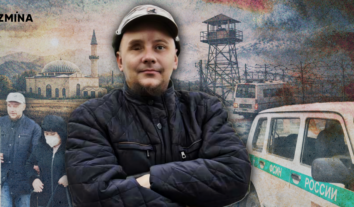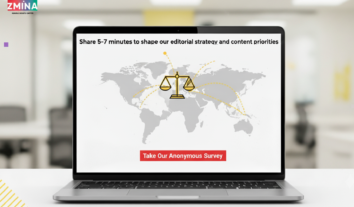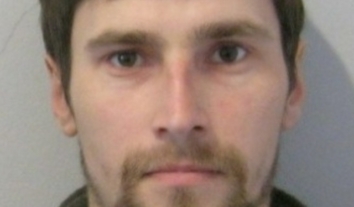Personnel reserve for free Crimea: a pilot management training project in Ukraine
The government is stepping up efforts to build a talent pool for the de-occupied territories by creating new training programs. Ukraine is launching the Reintegration Management Program for senior executives in the de-occupied territories. The project aims to train specialists who will work to restore transport links and shipping in the Black Sea region, revitalize the economy and investment, and return Ukrainian education and culture to the peninsula.
Read the article to find out who can apply for this program and how the work on forming a talent pool is going.
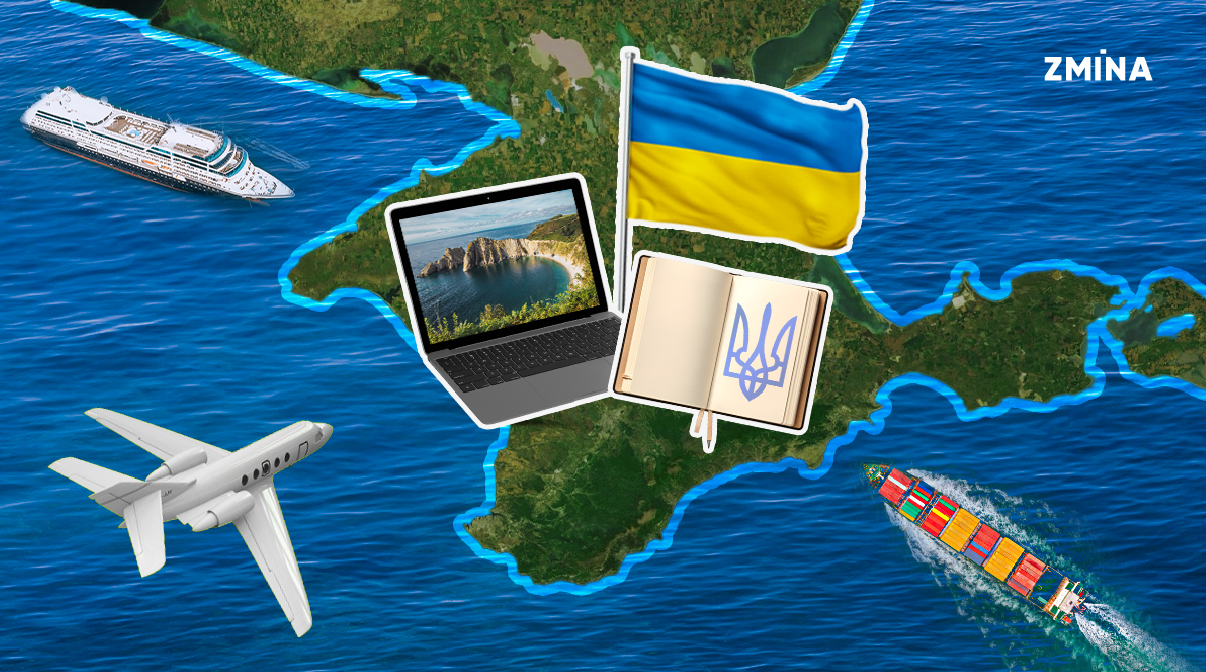
Tamila Tasheva, the Representative of the President of Ukraine in the Autonomous Republic of Crimea, does not doubt that the territory of the Crimean peninsula will be liberated.
“Crimea and our other temporarily occupied territories will definitely be liberated. It is a must. The question is when it will happen, and the key is that we should be ready at that moment,” Tamila Tasheva said.
Therefore, even before the kinetic de-occupation of Crimea, the ministries in Ukraine are actively preparing for the liberation of the territories temporarily occupied by Russia and developing appropriate reintegration policies.
There is a plan to approve, particularly the Strategy for the Cognitive De-occupation of Crimea and the Action Plan for implementing this document for 2024-2027. This strategy is a framework document that summarizes the intellectual work of international and Ukrainian experts from various sectors and professional communities. It is a cross-cutting instrument around which other strategies for the temporarily occupied territories of Ukraine, especially with regard to Crimea, will be combined.
Also, on March 1, 2024, the government approved the draft law “On Amendments to the Law of Ukraine ‘On the Legal Regime of Martial Law.'” This document regulates the specifics of the restoration of public authorities in the Autonomous Republic of Crimea and the city of Sevastopol. It provides for the creation of legal prerequisites for the restoration and stable functioning of public authorities in the Autonomous Republic of Crimea and the city of Sevastopol. The draft law has already been registered in the Parliament.
Also, the Ministry of Reintegration, the Mission of the President of Ukraine in the Autonomous Republic of Crimea, with the participation of other state bodies, began to form a personnel reserve for the de-occupied territories in advance. The authorities were prompted to do so by the experience of de-occupying a number of Ukrainian territories in 2022, which revealed a whole range of tasks and challenges. The Representative Office of the President of Ukraine in the Autonomous Republic of Crimea explains that the authorities will have to address a number of challenges in a short time after the return of cities and villages under Ukrainian control.
“After the kinetic liberation of the territory, we will not have time to reorganize or educate the people who will be coming. We will have to go to these territories immediately and be prepared,” Tamila Tasheva commented.
The government aims to find and train employees who could professionally launch processes and build interaction both within the government and externally—with businesses, partners, donors, civil society, and the population of the liberated territories.
The Representative Office of the President of Ukraine in the Autonomous Republic of Crimea declares that Ukraine cannot come up with solutions that were in place before the occupation of Ukrainian territories. Instead, these should be the best solutions and practices.
The Ukrainian government’s plans have also crystallized requests to Ukrainian universities. For example, in January, ZMINA reported on a request from the state regarding the Tavrida National V.I. Vernadsky University. The low quality of education, according to the Ministry of Education, was one of the reasons why they wanted to reorganize this university by merging it with the National University of Kyiv-Mohyla Academy.
As part of its efforts to build a talent pool, the Presidential Administration initiated the Reintegration Management Program (RMP), a pilot program to train public officials who have declared their readiness to work in public office after the liberation of the occupied territories. It will be implemented by the Business School of the International Institute of Management with the support of the Office of the President of Ukraine.
“After the de-occupation, there will be virtually no areas of activity in Crimea where human resources will not become a significant problem in the future. Authorities, educational institutions, agencies, and organizations of all levels and directions will need professional, motivated people. Therefore, the training of the talent pool within the Reintegration Management Program will help not only to train specialists of high quality but also to ensure further stable management of the de-occupied territory, prevent threats to national security, and avoid acute conflicts between citizens,” said Tamila Tasheva.
At the same time, she emphasized that high-quality and timely training for the de-occupied Crimea will ensure that the state and the people of Crimea undergo a stabilization period, which will have a positive impact on building sustainable peace.
Iryna Tykhomyrova, President of the MIM Business School, notes that the school has experience training executive leadership. It has also developed a program for Ukroboronprom, implemented the School of Mayors project, and offered the MBA in Public Administration program.
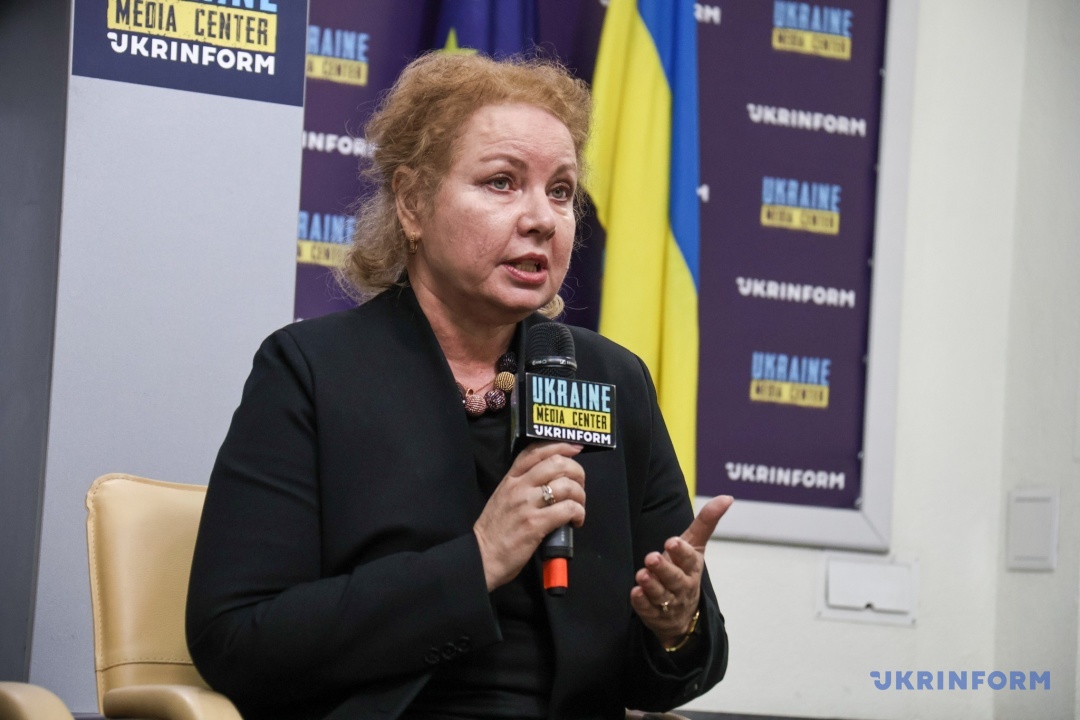 Iryna Tykhomyrova (Ukrinform)
Iryna Tykhomyrova (Ukrinform)“Our graduates head key Ukrainian military aid funds. And we are confident that the knowledge they have gained helps them make better management decisions that work for the future,” adds Iryna Tykhomyrova.
Scale of needs
In May 2023, the government, the Ministry of Reintegration, and the National Agency for Civil Service initiated a pilot project to create a talent pool for the de-occupied territories. Anyone can join this large team.
Tamila Tasheva notes that when Russia launched a military operation to seize Crimea in 2014, 16,164 civil servants worked there.
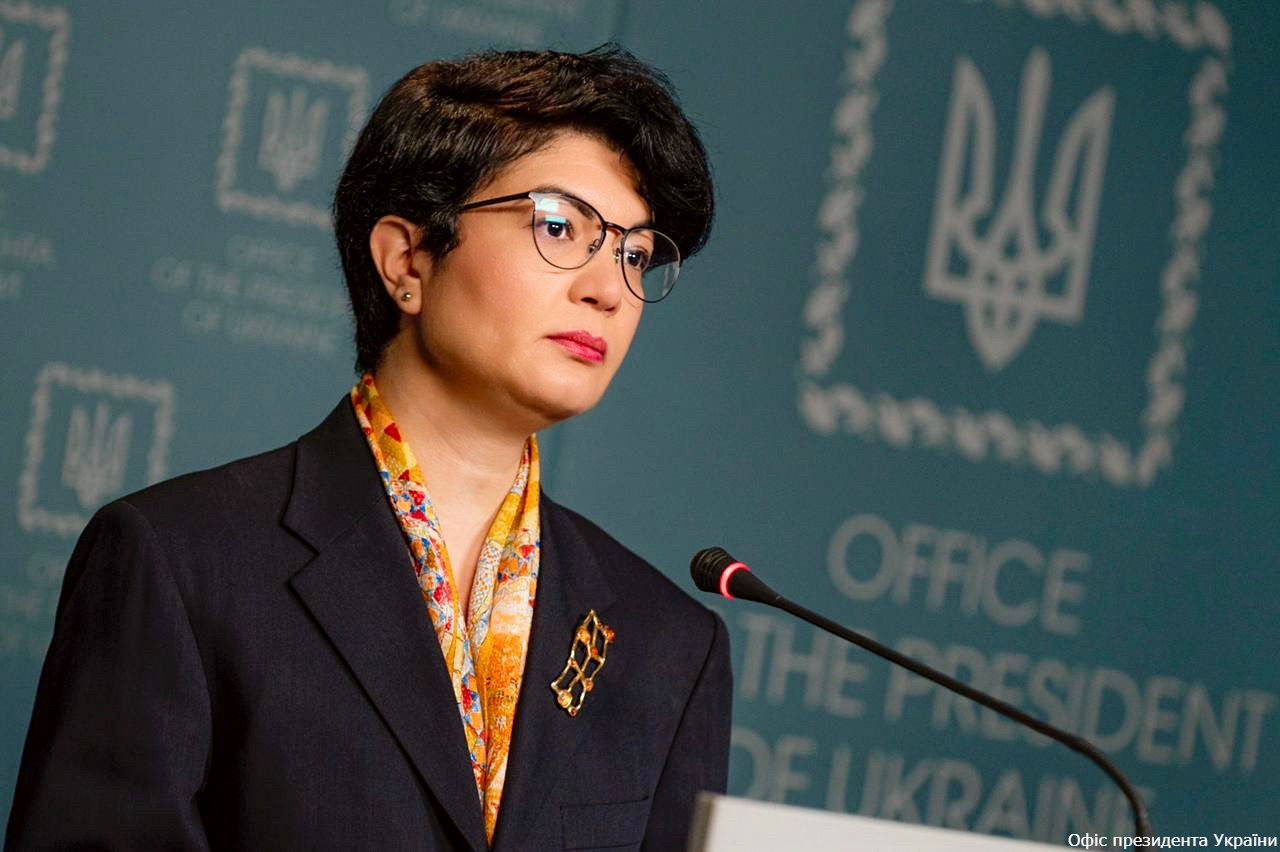 Tamila Tasheva
Tamila Tasheva“After the de-occupation of the territory, those who worked in the occupied territory of the Crimean peninsula and discredited themselves by cooperating with the occupation administrations will not be allowed to work in the restored state authorities. Or, if we are talking about the lower level, they may be allowed to work after some time, but only after lustration procedures and retraining,” explains the Representative of the President of Ukraine in the Autonomous Republic of Crimea.
As for the management level in the occupied territories, no one from the top positions will be allowed to work there after the liberation of the Ukrainian territories.
“When we talk about the total number of specialists we need, including directors of schools, medical institutions, and various municipalities, including municipalities related to culture and education, we will need about 50,000 specialists. When we carried out the first preparatory work in 2022 to analyze what we needed, we realized that we needed to train personnel now. That is why we are launching a number of parallel programs in Ukraine,” Tamila Tasheva added.
She explained that the reserve is open to people willing to devote part of their time and lives to working in the liberated territories. The reserve is expected to include both current civil servants and those who have never been involved in the public service or work in government agencies but have experience, for example, in business, the Armed Forces of Ukraine, or the civil sector.

“People with different backgrounds have already started applying to this personnel reserve: human rights defenders, journalists, business people, or our veterans of the Russian-Ukrainian war… This should be a conscious, mission-driven choice. People who will go to the de-occupied territory understand that they are joining a very important process of restoring our territory,” she says.
The National Agency for Civil Service maintains a reserve database and conducts relevant training.
Applicants can choose which liberated territory they would like to work in.
According to Tamila Tasheva, more than 2,000 people have already signed up for the personnel reserve. 80% of them have agreed to work in the liberated Crimea.
Earlier, Refat Chubarov, the head of the Mejlis of the Crimean Tatar people, published a detailed algorithm of actions for citizens who wish to register for the reserve of specialists to work in the de-occupied territories.
What will the training course look like?
The reintegration training program, which was developed taking into account the experience of armed conflicts in other countries and Ukrainian specifics, will run from April 12 to September 2024. Tamila Tasheva called it powerful. As part of this pilot project, 100 people will be selected based on the results of a competition to reintegrate the liberated territories. Applicants who already have any higher education need to submit documented work experience of at least seven years. There are no other restrictions, gender, age or otherwise.
The program’s authors point out that students will gain knowledge of managerial psychology and practical project management skills according to PMI (Project Management Institute) standards in order to understand business processes and learn how to apply them in their own management work.
A separate block will include meetings with top managers who will share their practical management experience. We are talking about both current and former government officials and business managers.
A part of the program will also be devoted to the study of historical aspects, national memory, and cultural peculiarities of the now temporarily occupied regions.
In addition to the “core” – basic management skills – students will have the opportunity to choose one or more specializations.
“The areas of specialization are strategy and security, economics and innovation, and organizational development and leadership. We understand that some people will want to attend all three specializations, and this will also be possible,” says Iryna Tykhomyrova, President of MIM Business School.
At the end of the program, participants will develop projects in groups that are expected to be implemented in practice later. The program’s authors hope that its participants will contribute to the formation of a database of solutions that can be shared and replicated among those who have completed the Reintegration Management Program.
The training will take place online in the evening twice a week in each of the specializations. It will include traditional academic practices, such as lectures, homework, exams, etc., and meetings with special guests.
Thanks to USAID’s assistance and the support of the Office of the President of Ukraine and the Mission of the President of Ukraine in the Autonomous Republic of Crimea, the training is free of charge for participants.
Tamila Tasheva hopes that free business education, which is usually expensive, will be one of the incentives for citizens to participate in the talent pool program.


